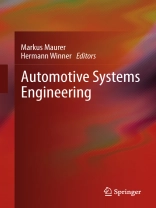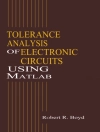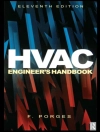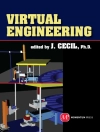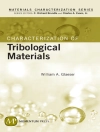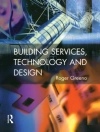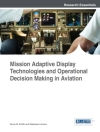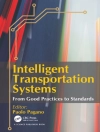This book reflects the shift in design paradigm in automobile industry. It presents future innovations, often referred as “automotive systems engineering”. These cause fundamental innovations in the field of driver assistance systems and electro-mobility as well as fundamental changes in the architecture of the vehicles. New driving functionalities can only be realized if the software programs of multiple electronic control units work together correctly. This volume presents the new and innovative methods which are mandatory to master the complexity of the vehicle of the future.
विषयसूची
Challenges of Automotive Systems Engineering for Industry and Academia.- Automotive Systems Engineering – A Personal Perspective.- System Architectures for Automated Vehicle Guidance Concepts.- Requirements analysis for a universal system architecture for ecological and economical driver assistance systems.- Static Software Architecture of the Sensor Data Fusion Module of the Stadtpilot Project.- Maneuver-based vehicle guidance based on the Conduct-by-Wire principle.- Objective Controllability Assessment for Unintended ADAS Reactions.- Design and Safety Analysis of a Drive-by-Wire Vehicle.- Reference Systems for environmental perception.- A System Architecture for Heterogeneous Signal Data Fusion, Integrity Monitoring and Estimation of Signal Quality.- Testing of Reconfigurable Systems: A Cognitive-Oriented Approach.
लेखक के बारे में
Professor Markus Maurer (*1967) holds the Chair in Electronical Vehicle Systems at the Institute of Control Engineering at the Technical University, Braunschweig. He teaches electronical auto systems, data bus systems in street vehicles, industrial communication with field buses, fundamentals of electrical engineering and drivers’ assistance systems with automatic perception.
Hermann Winner (*1955) is Professor for Vehicle Technology at the Institute of Automotive Engineering at the Technical University, Darmstadt.
